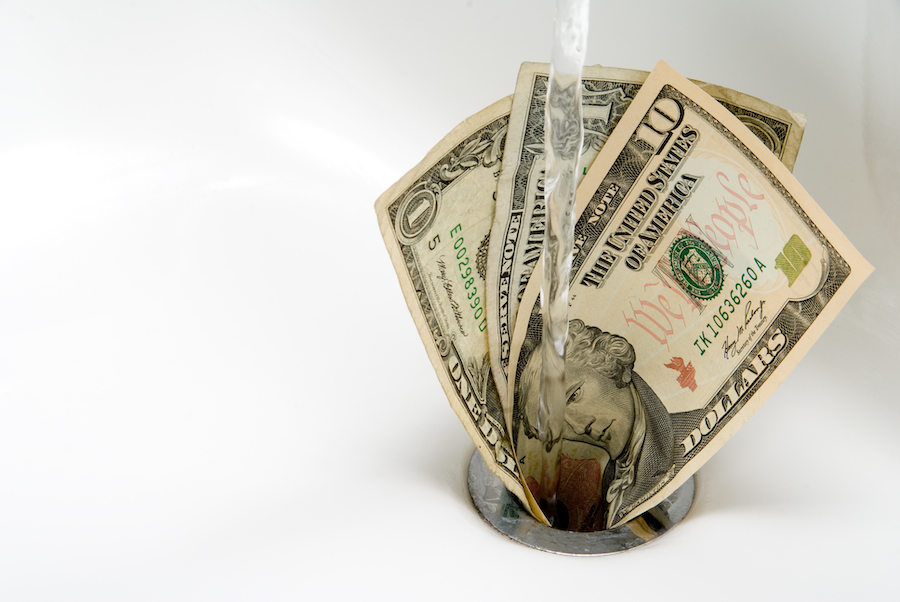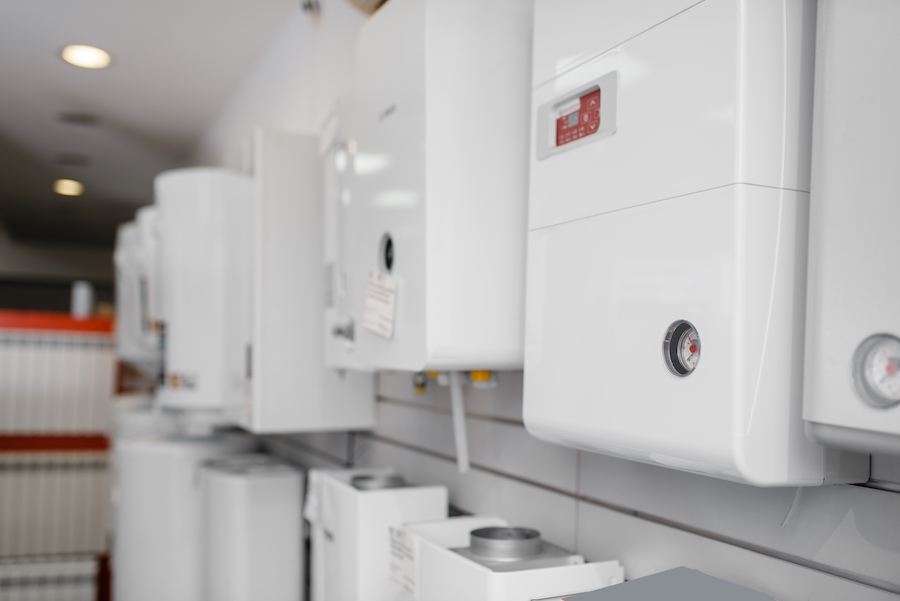What is a Sump Pump? How Do I Know if I Need One?
Well, it sounds important…right? It rhymes, that’s undeniable. But seriously, many people I am sure are not fully aware of the answer to the question asked in the title of this post. What is a Sump Pump? Once you find out, equally as important of a second question is the following. How do I know if I need one?
To ask the question, What is a Sump Pump should not make anyone feel less intelligent or knowing than anyone else. Maybe you heard a neighbor discussing how it saved them from a flood? That alone should stoke one’s curiosity enough to ask exactly what this pump is and whether or not you need one.
What is a Sump Pump?
Ok, whether you know or not, we are going to tell you. A sump pump is a submersible device that gets installed in a pit dug at the lowest area in your home. Thus, the sump pump is usually found in a crawl space or the basement. The main function of a sump pump is to prevent your basement from a flood.
How Exactly Does it Work?
Ok, now that we all know for sure, What is a Sump Pump, let’s move on to its actual function. Most of the time in actuality, the sump pump does nothing. Well, it is on standby actually, as if there are no heavy rains or deep water, then there is no function for the sump pump to perform.
However, when heavy precipitation does occur, the soil around one’s home becomes soaked and saturated. The groundwater in these type situations funnels then toward the pit which was dug for your pump. Once this starts filling with water, the sump pumps float switch is activated, and it turns on.
Once working, the pump drains to either a dry well, a detention pond, or a storm drain. In doing this it works to prevent the groundwater from rising to the level of the floor in your basement. So, basically, the sump pump is a little extra bit of flood insurance.
What is a Sump Pump Benefits?
Now we for sure know what a sump pump is. We also are versed on what its function is and how it works. Obviously, as noted, it can help keep your basement from flooding. But when laid out in a list, there are actually quite a few benefits. They are listed below.
- Stop your basement from flooding
- Safeguard any appliances in the basement from corrosion (washer, dryer, spare freezer, etc.)
- Protect any paint and other wall coverings
- Reduce the growth of fungus, mold, and mildew
- Improve air quality
- Protect and keep the foundation of your home intact
- Keep your basement dry and comfortable year-round
- Meet a requirement of many homeowner’s insurance coverage in case of a basement flood
- Help protect against termites and other insects
- You can worry less about bad weather
So…Do I Need One?
Ok, not to be repetitive here, but let’s re-trace our steps. We have a definition. It is clear what the purpose and function of a sump pump are. We even know how it works and what the many possible benefits are. Boy, we sure have come a long way since asking What is a Sump Pump?
However, while all of these things are pretty clear and straightforward, some locations need this type of device more than others. That being said, we would recommend having a sump pump if any of the things on the list below are true.
- You live somewhere with heavy snow or rainfall
- Your home sets on a flood-prone or poorly draining plot of land
- You have had flooding and/or water issues in the past.
- You have a finished basement
We hope in this post you have become more familiar with the sump pump. Hey, maybe you read through and it is not something that you need at all. But, if you learned from all we discussed in this article that you do need this installed, you’re in luck. Just give a call to the most trusted name in Raleigh plumbers for the past two decades, Poole’s Plumbing. To contact us, visit poolesplumbing.com.





